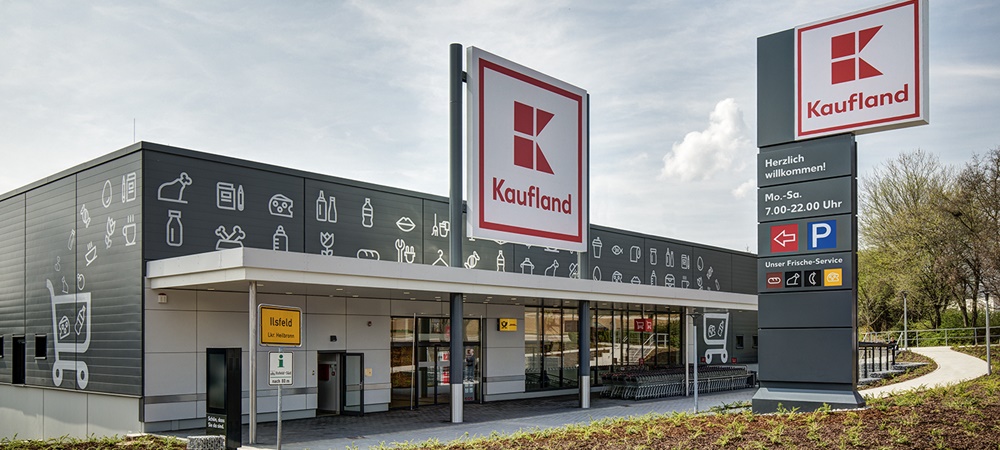 This story was originally published by The Shout and published here with permission.
This story was originally published by The Shout and published here with permission.
The impact of the launch of German discounting retailer, Kaufland, is currently being under-estimated by Australian retailers and investors according to Morgan Stanley.
Morgan Stanley analysts Monique Rooney, Thomas Kierath and John Lee, said that discounter disruption has only just begun in Australia and so the supermarket industry in this country is ripe for further discounter disruption with Kaufland entering the market soon.
“Very high labour costs, high store rentals, low competitive intensity and high existing margin structures all enable another discounter in Australia,” they said. “Kaufland’s entry to Australia likely limits market growth, reduces the prospects for considerable margin expansion and leads to a sector price-to-earnings de-rating.”
“We view the nearer term impacts as greater competition for product, supply, new stores and talent.
“While discounter penetration has risen in recent years, it is still well below global averages and historical levels in Australia. We think that as discounters gain share, industry sales growth will remain low and prospects for considerable margin expansion are unlikely. As Kaufland enters Australia we think the market will reassess long term margin assumptions,” the analysts said.
“While little if any supermarket inflation is evident today, valuations have risen on the expectation of faster inflation led supermarket category growth. We think that this will be short lived so, as the market focuses on Kaufland’s entry, valuations will fall.”
The Morgan Stanley trio also explained who it expects Kaufland to operate in Australia.
“Kaufland operates a little like Walmart / Costco by terming itself as a wholesaler that can offer very low prices by operating at scale with few overhead costs. Approximately 70 per cent of the offer is a ‘price’ offer where it will match/beat the lowest existing price in the market with 30 per cent of prices at higher prices that support profitability. Typically it aligns prices to other discounters in the market (ie Aldi/Lidl).”
Last month TheShout reported on previous analysis from Morgan Stanley which detailed its predictions for Kaufland’s growth in Australia, as well as why its flexible approach to store formats could give the retailer an advantage over Aldi.
“Store penetration differs by market in Europe, from Slovakia the most penetrated at 82k people/store to Poland at 181k. Using these benchmarks Australia’s 24m people could theoretically support 133-295 Kaufland stores,” the report said.
Adding: “Kaufland takes a very adaptable approach to stores to suit the local area (in complete contrast to Aldi) and is prepared to alter the store format after the store has opened.”
Australia represents Kaufland’s first expansion outside of Europe and the analysts claim reasons for the move include: Australia being a relatively high growth market; existing margin structures here are high by global standards; discount penetration is low and that Kaufland has historically followed Aldi into new markets with success.
Kaufland has reportedly already bought sites in Melbourne and Adelaide for new outlets and has told suppliers to prepare for the opening of its first stores this year.

